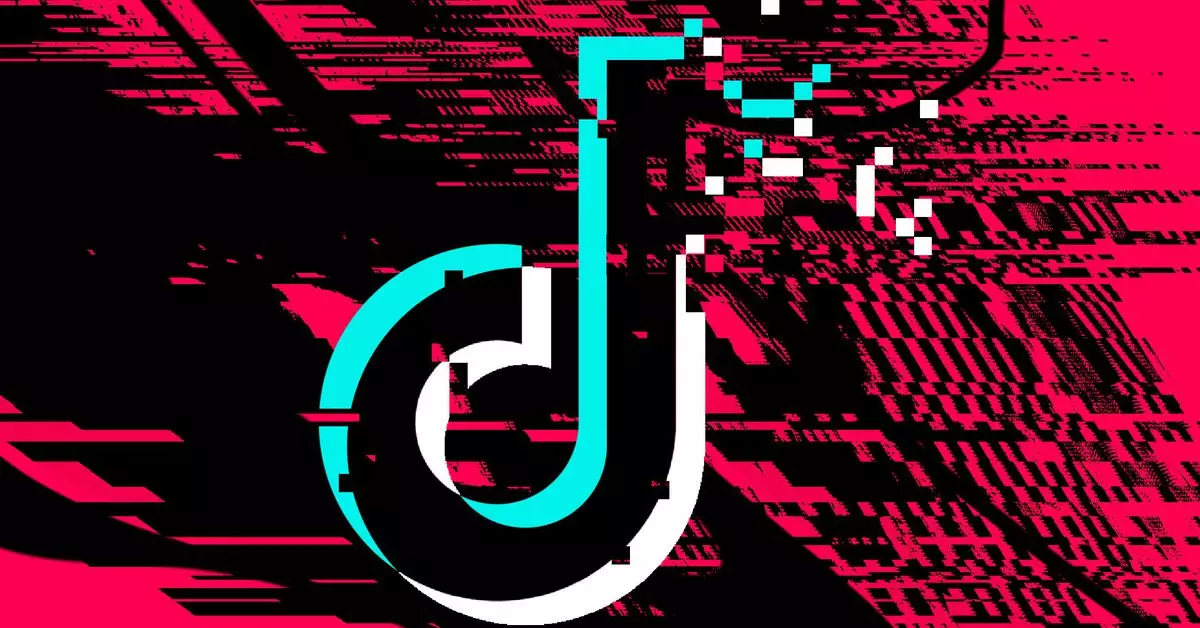In the ever-evolving world of technology and social media, TikTok finds itself at a critical juncture that raises questions about governance, corporate responsibility, and user engagement. With recent statements from White House Press Secretary Karine Jean-Pierre characterizing TikTok’s threats to “go dark” as a “stunt,” it is evident that the relationship between regulatory frameworks and tech companies is fraught with tension. The backdrop of this tension is the Supreme Court’s recent decision to uphold a ban that companies including TikTok are now grappling with, raising concerns about the future of app availability and user access.
Jean-Pierre’s remarks underline a significant aspect of the ongoing debate: the timing and responsibilities related to the enforcement of the ban lie squarely with the incoming administration. The assertion that “actions to implement this law will fall to the next administration” indicates a strategic holding pattern that could either defuse or exacerbate tensions between tech giants and the government. For TikTok, the stakes are high; the company has threatened to go offline unless reassurances are provided to key stakeholders like Apple and Google regarding their liability in adherence to the ban.
The response from TikTok’s CEO, Shou Chew, who expressed gratitude for former President Donald Trump’s support, highlights a complex dance between corporate appeasement and regulatory compliance. Chew’s plea suggests an attempt to stabilize the company’s position in the face of looming regulatory upheavals, yet it also raises questions about loyalty and dependency on political favor.
The legal quagmire surrounding the ban presents a unique challenge for companies like Apple and Google. Should they disregard the ban and continue to host TikTok, they are left to weigh the potential risks against the implications for user dissatisfaction, marketer interest, and overall market share. Trump’s mention of a “90-day extension” adds another layer of uncertainty. While it presents a potential short-term reprieve, it does not resolve the fundamental issues surrounding the legality and implications of the ban itself.
Executive orders have considerable power but can be contested in courts; thus, the effectiveness of any proposed extension is laden with uncertainty. Furthermore, the notion that the ban can be managed on a case-by-case basis opens up a pandora’s box of complications for tech companies attempting to navigate a patched framework of legality.
As the dust settles, it’s clear that the future of TikTok, and other tech platforms, will depend heavily on their adaptability in the face of regulatory challenges. This scenario demands not only strategic lobbying but also a robust dialogue with policymakers to carve out workable frameworks that harmonize innovation with national interests.
In sum, the ongoing saga surrounding TikTok serves as a stark reminder of the intricate relationship between technology, politics, and public sentiment. Both tech companies and government officials face pressing challenges that will significantly shape the digital landscape. Adaptability, cooperation, and forward-thinking policies will be crucial as they navigate these turbulent waters.

